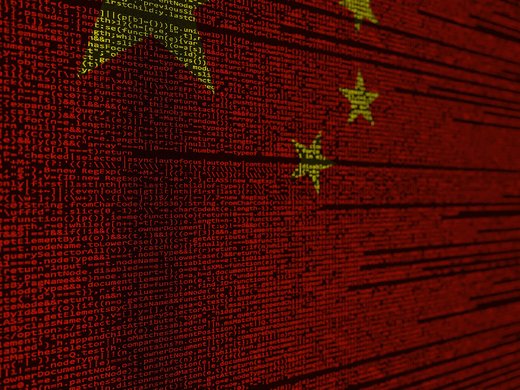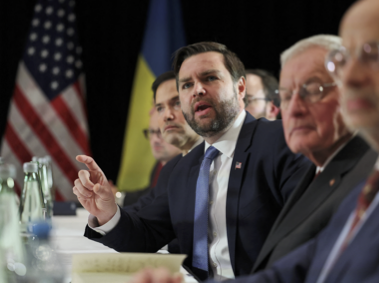State aid, the European Union parlance for subsidies, is a tricky business.
For years, most commentators thought that individual tax dealings between EU member states and corporate actors were outside the purview of the subsidies or state aid rules. But after several public outcries on both sides of the Atlantic, the EU Commission took a closer look. Legally speaking, this was at first seen as a bit avant-garde since the EU itself has no jurisdiction over tax matters (except for value added tax, which is one of the sectors where EU member states have harmonized their tax legislation). But on closer inspection, the EU found in Tuesday’s ruling that the Irish tax authority in its dealings with Apple had strayed so far from the norm that its tax assessment amounted to a subsidy.
Contrary to the claims of those who say the ruling is “unfair” or a “cheap money grab,” the EU’s ruling is neither nefarious nor out of the ordinary. In fact, it is well within the parameters of international law.
And this ruling doesn’t come out of nowhere. The EU’s formal investigation started in June 2014, giving Apple and its lawyers ample opportunities to make submissions to the EU Commission. Specifically, the commission took issue with the way Ireland allowed Apple to allocate profits in a way that left profits of almost US$16 billion untaxed anywhere in 2011. The EU Commission argues that profits must be allocated among different parts of a corporate group in a way that reflects economic reality — almost as if independent businesses had allocated profits under commercial conditions, which the investigation refers to as “arm’s-length principle.” The EU Commission then found that the headquarters in Ireland had unrealistically high profits and thus the Irish tax assessment had violated this principle.
This week’s ruling, however, is not the end of the road. Apple or Ireland can and probably will challenge the ruling in the European courts. Similar rulings against Starbucks have been challenged in the General Court by the Netherlands. One of the pleas — and here the EU Commission is indeed pushing the envelope — is that the Netherlands argues that the “Commission did not adequately, and separately, demonstrate that the selectivity criterion was fulfilled.”
If the Apple case reaches the EU courts, it will probably also centre on selectivity of the state aid, highlighting questions around whether the Apple deal really is completely out of the ordinary and to what extent other companies enjoyed a similarly advantageous deal. Many countries are trying to be helpful to their own corporate sector, often not realizing that their state support might have detrimental effects on other states. It is thus not surprising that the World Trade Organization (WTO) has an entire agreement about subsidies. If another WTO member subsidizes its industry, as China allegedly did with solar panels, other countries and trading blocs, including the U.S. and the EU, are allowed to impose countervailing measures, such as an extra charge to counter the “injury” caused to the domestic industry due to the foreign subsidy.
In a world where more countries call for freer trade for their companies abroad while at the same time restricting their own markets — the sort of thing many Britons were demanding during the Brexit debates — it is paramount to uphold international standards, even if in this case it impacts one of the most loved corporations. This should not be seen as some kind of evil European plot to subdue hugely successful corporate actors but rather as a way to ensure that we all compete fairly, on a level playing field, throughout the world.


